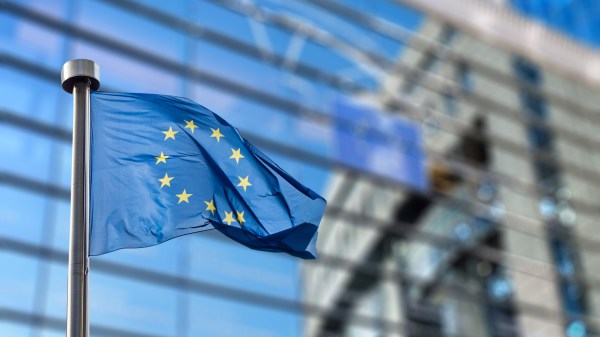German government says it will oppose EU mass-scanning proposal

Encryption lives on in Europe. For now.
The German government has said it will oppose a piece of European Union legislation later this month that would subject phones and other devices to mass scanning — prior to encryption — by the government for evidence of child sexual abuse material.
Federal Minister of Justice Stefanie Hubig was one of several officials from the ruling Christian Democratic Union party to reiterate over the past 24 hours that Germany’s position hasn’t changed.
“Mass scanning of private messages must be taboo in a constitutional state,” Hubig said, according to a statement on X from the Ministry of Justice and Consumer Protection Wednesday. “Germany will not agree to such proposals at the EU level.”
Another CDU member, Jens Spahn, told German journalist Phillip Eckstein of ARD-Hauptstadtstudio that those sentiments are widely held within the party.
“We, as the CDU/CSU parliamentary group, are against the random monitoring of chats,” Spahn said, according to a machine-translated transcript. “That would be like opening all letters as a precaution and checking whether there’s anything illegal in them. That’s not possible, and we won’t allow that.”
The statements came after a week where tech experts and privacy activists in Europe publicly warned that Germany — which had opposed the measure since its introduction in 2022 and operated as a key swing vote — was preparing to back the measure in an upcoming Oct. 14 vote.
The German government did not respond to requests for comment from CyberScoop earlier this week, and other parties have said efforts to communicate with German officials about their intentions were met with “silence” and “stonewalling.”
The prospect of having all digital messages — and possibly other content like audio and video — scanned before encryption would defeat the very purpose of encryption and create an untenable situation, according to Meredith Whittaker, CEO of encrypted messaging app Signal. Whittaker threatened that her organization was prepared to pull out of Europe over the proposal.
Germany’s about-face likely won’t mark the end of this dispute. Western governments in the U.S. and Europe have been seeking to place limits on encrypted communications for decades, arguing that end-to-end encryption with no means of access for law enforcement makes it harder to investigate horrific crimes like pedophilia, terrorism and cybercrime.
Earlier this year, Apple pulled its own end-to-end encryption feature in the U.K. after British national security officials sent the company a letter demanding access to encrypted iCloud data for law enforcement and national security investigations.
There are indications that criminal suspects are increasingly turning to encrypted communications to hide evidence of their criminality. But privacy advocates have pointed out that strong encryption also protects many law-abiding citizens from potential government repression.






